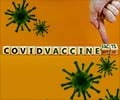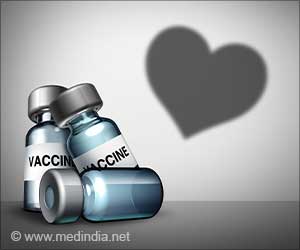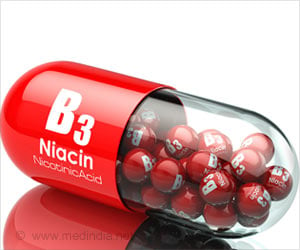Two complimentary safety monitoring systems were used to confirm the mRNA COVID-19 vaccine safety profile.

TOP INSIGHT
Self-reported data suggest that most side effects were mild and resolved one or two days after COVID-19 vaccination.
For all vaccines in the USA, anyone can report adverse events using the Vaccine Adverse Event Reporting System (VAERS), a long-standing reporting system run jointly by US Centers for Disease Control and Prevention (CDC) and the US Food and Drug Administration (FDA).
With VAERS, US residents and their healthcare providers, or vaccine manufacturers can submit any event experienced following receipt of a vaccine. These reports are categorized as non-serious, serious, or dead.
The v-safe system, managed by CDC, was developed specifically for the COVID-19 vaccination program, and consists of smartphone-based surveys sent daily for the first week after vaccination (and longer time intervals in the months following) to monitor adverse reactions.
“Vaccines are the most effective tool to prevent serious COVID-19 disease outcomes and the benefits of immunization in preventing serious illness and death strongly favor vaccination,” says study author, Dr. Hannah Rosenblum, U.S. Centers for Disease Control and Prevention (CDC).
During the study period, over 298 million doses of mRNA vaccines were administered (132 million Moderna and 167 million Pfizer). Of 340,522 adverse events reported to VAERS during the study period, approximately 4500 (1.3%) were deaths, with more than 80% of these deaths among people ages 60 years or older.
Of the nearly 8 million v-safe participants, over half reported local and systemic reactions post-vaccination, occurring more frequently after dose two than dose one.
More v-safe reports of being unable to work, perform normal activities, or seek medical care were reported after dose two, than after dose one. Less than 1% of participants reported seeking medical care after either vaccine dose.
VAERS and v-safe are important tools CDC can use when evaluating vaccine safety and to help identify any unexpected or unusual events.
These data are reassuring that reactions to both mRNA vaccines are generally mild and subside after one or two days—confirming reports from clinical trials and post-authorization monitoring.
The authors acknowledge some limitations with this research. Firstly, the VAERS system relies on spontaneous reporting and is not representative of the entire population. In addition, the need for smartphone access to participate in v-safe excludes populations without access to these devices.
Finally, although trends in differences in adverse reactions have emerged among the Pfizer-BioNTech and Moderna mRNA vaccines, neither VAERS nor v-safe can definitively measure the safety differences between the two vaccines.
Source-Medindia
 MEDINDIA
MEDINDIA




 Email
Email










